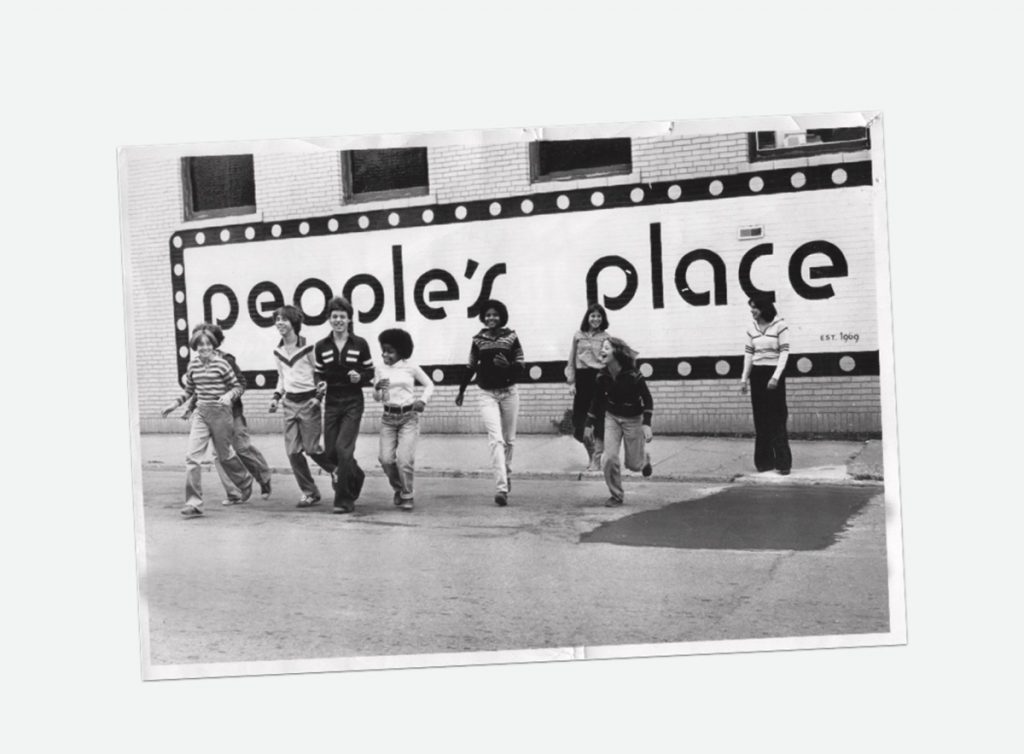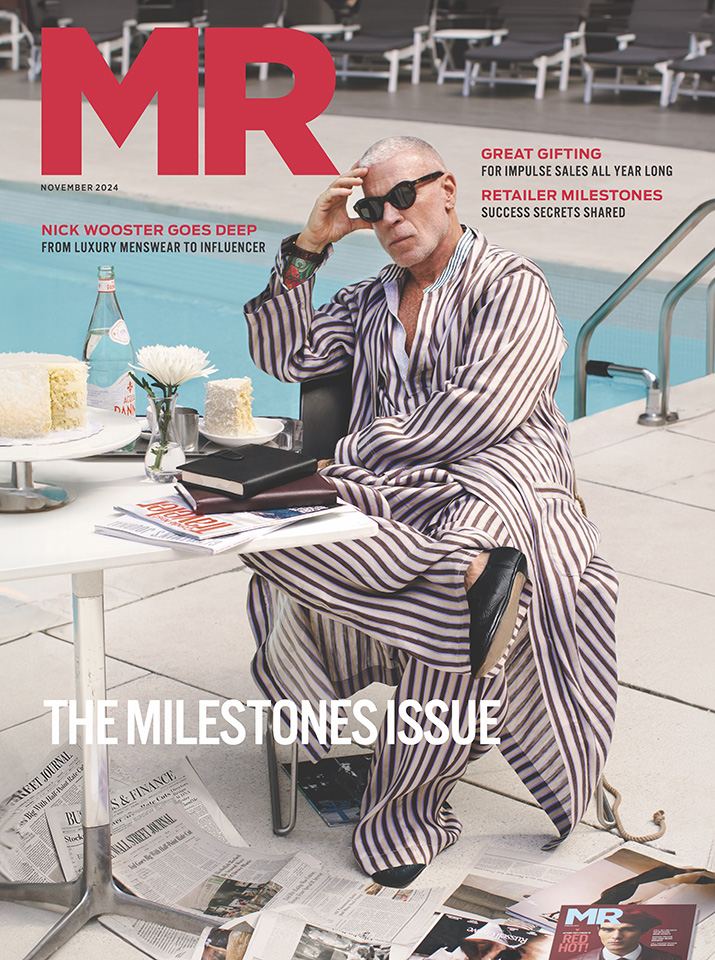TOMMY HILFIGER COMMITS TO ADVANCING MINORITY REPRESENTATION IN FASHION


Tommy Hilfiger is launching the People’s Place Program, a three-pillared platform with an initial minimum commitment of $5 million in annual funding for the next three years, that will seek to advance the representation of black, indigenous and people of color (BIPOC) within the fashion and creative industries. Centering around partnerships, career access, and industry leadership, the program seeks to achieve consistent, long-term change.
The brand aims to will enhance its diverse talent pipeline, focusing on purpose-led collaborations that specifically increase minority visibility, and partner with organizations and creative peers whose mission is to advance BIPOC representation and equity in the fashion industry.
To advance representation of minority communities within the fashion and creative industries, the brand will use its knowledge and resources to ensure career opportunities by providing access to information or physical materials, specialist advice, industry introductions, and more.
To increase representation at every level, Tommy Hilfiger will commit to independent, industry-wide analyses of diversity, equity, and inclusion in the fashion industry, and will work towards creating concrete action plans to use internally that can also be shared with the broader fashion industry.
At the end of May, Tommy Hilfiger shared a personal call to action for himself and his namesake business amid the Black Lives Matter movement. This instigated a shift towards a culture of greater listening, learning, and engaging both internally and with the fashion industry to better understand the role the brand should play to support BIPOC communities. The ensuing commitment puts into action Tommy Hilfiger’s wider vision to drive change throughout the industry and reinforces the company’s social and environmental sustainability mission to create fashion that wastes nothing and welcomes all.
“What is happening to Black communities in the U.S. and around the world has no place in our society,” said Hilfiger. “The fact that it has continued to exist in our industry – overtly and systemically – is unacceptable. We are far behind where we should be in achieving diverse representation. It shouldn’t have taken us this long to acknowledge that, but we are determined and committed to changing it going forward. We will be intentional, fearless, and unwavering in the actions we take. Through the People’s Place Program, we will use our platform to create opportunities and stand up for what is right.”
The program takes its name from Tommy Hilfiger’s first store which opened in 1969 in Hilfiger’s hometown of Elmira, New York. At only 18 years old, Hilfiger created the People’s Place as a dedicated space for people from all walks of life to come together to enjoy art, music, fashion, and pop culture. Shaped by the cultural revolution of the 1960s, the original store fostered an exchange of ideas, encouraged authentic self-expression, and challenged social norms. It is in this spirit that the new People’s Place Program has been founded and will continue to expand.
“As a company, we haven’t done enough,” added Martijn Hagman, CEO of Tommy Hilfiger Global and PVH Europe. “But we are determined to do better. We are taking immediate action to ensure that BIPOC communities in the fashion industry feel represented, heard, and equally welcome to their seat at the table. The People’s Place journey starts now with a dedicated internal governance structure that will drive and report regularly on the long-term objectives of the platform. This is a firm commitment and first step in a long journey for what the People’s Place Program can achieve.”
As part of the PVH family, Tommy Hilfiger will also be making immediate internal strides to become a more informed, less biased organization with a strong sense of belonging. To address shortcomings in its internal BIPOC representation, the company has launched a Comprehensive Action Plan as the starting point in its journey to further address discrimination, injustice, inequality, and racism. The Comprehensive Action Plan will shape how the company moves closer to reflecting the diversity of its consumer base.


